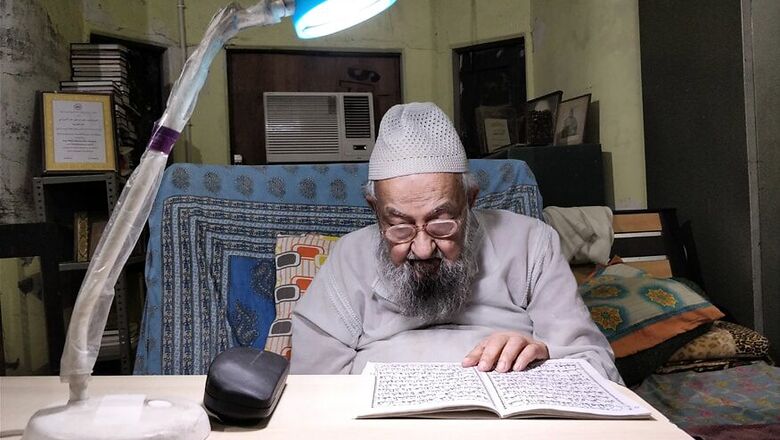
views
 As tension grips Aligarh Muslim University over Jinnah portrait, former students of the varsity say that at the time it was installed, “circumstances were different” and vote bank politics was not a part of the university. Ninety-four-year-old Riaz-Ur-Sherwani, who was 12-years-old when Jinnah was accorded life membership of AMUSU in 1938, says that it was a “personal affair” of the students, and it still is.
As tension grips Aligarh Muslim University over Jinnah portrait, former students of the varsity say that at the time it was installed, “circumstances were different” and vote bank politics was not a part of the university. Ninety-four-year-old Riaz-Ur-Sherwani, who was 12-years-old when Jinnah was accorded life membership of AMUSU in 1938, says that it was a “personal affair” of the students, and it still is.
Sherwani is known to vehemently oppose Jinnah and his policies, however, he says that when the portrait was put up, the “circumstances of the country were different” and no outsider can dictate what is to be hung in the university hall.
“Jinnah’s portrait was unveiled by then pro vice-chancellor A B Habib. I was present at the meeting and saw the photo being unveiled. The Students’ Union was honouring Jinnah with the lifetime membership. It was a personal affair of the students and it still is their personal affair, no outsider can dictate what to hang in their Hall,” the 94-year-old former student says.
He says that the rules of the Union were different in 1938, the pro-VC was the president of the AMU Students’ Union and the VP was elected by the students.
“I don’t remember everything that happened on the day of unveiling, but I do remember that the pro VC, who was the president of the Union, told Jinnah that from now he was Jinnah’s teacher and Jinnah was his pupil,” Sherwani recalls.
The former student says that every time Jinnah visited the varsity, people gathered to hear him but not everyone agreed with him.
“I was opposed to his policies that were a part of India's partition movement. He used to come to the university often between 1938 and 1944 – continuously for seven years – and stopped coming after he realised his work is done. Every time he came, there were people to hear him, but not everyone agreed with him,” he says, adding that Jinnah and Liaquat Ali Khan used to stay at his place in Habib Manzil.
Sherwani reviewed a book by his friend Mukhtar Masood, and remembers reading a line -- “Jinnah told Muslims that creation of Pakistan will mean Muslims would live in India under the Hindus”. He strongly disapproved of Jinnah's politics.
Expressing his disappointment over Jinnah portrait row, the former student says, “Whosoever you are, how can you say remove it? Jinnah is not alive today. It was hung in different circumstances of the country. Today India has diplomatic, trade and political relations with Pakistan. This action is not go well in line with the larger interest.”
In 1944, he did his intermediate, when he saw Jinnah. “Students used to swarm the university whenever he visited. I also used to go there, not because of interest but because it used to be a tamasha (drama).”
“Jawaharlal Nehru came as well. I admired Nehru and Azad,” he smiles as he recalls the past.
Sherwani is one of those people who spent time in refugee camps and by the twist fate and circumstances he got stuck in Pakistan. He had no idea he would be stuck there for a long time.
His father, Obaid-ur-Rehman, who was a member of the UP legislative assembly, had to make efforts to get his sons back
His family was influential, so Sherwani got arrangements for his accommodation and education done.
He stayed in the house of some ‘Kapoor’s’ at Waris Road in Lahore' and studied in Oriental College of Lahore. The former student says, “They had many books, liquor and lots of photographs. It appeared they went for picnics very often.”
Another former student, Amarjeet Singh Bindra, 83, says that the portrait issue has been raked up by politicians.
Being the first and the only non-Muslim member for the cabinet of the AMU Students’ Union then, Bindra says, “I remember everything from those days, including the fact that the hall had many portraits. There must have been Jinnah’s also, I do remember seeing it. But in the Union Hall we would be so busy with students’ issues that never did we sat and talked about the portraits,” he says.
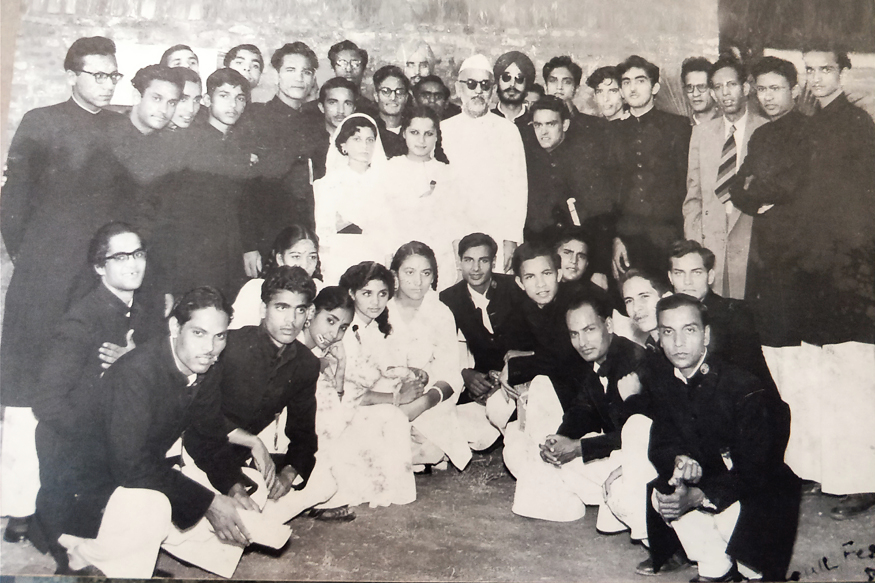
Bindra was the first non-Muslim member of the AMU Students’ Union cabinet (News18)
He was elected in the year 1957, when Colonel Zaidi was the Vice Chancellor and he was admitted to the university in 1956 when Zakir Hussain was the Vice Chancellor. Much before he got elected Bindra went to Rashtrapati Bhavan for an inter university meet, where the Prime Minister Jawaharlal Nehru told him, “How come a Sikh is representing a Muslim university?”
“The student leaders were very focussed about their duties but today I don’t see this, the portrait issue is now being used for political relevance, everybody from all streams of political affiliations are wanting to be heard so that they get political mileage at the time of elections,” Bindra says.
His father Sardar Wazir Singh Bindra was a government servant in Sialkot. Bindra was born in 1937 in Rawalpindi, and grew up with seven brothers and a sister.
At the time of partition, the Bindras found themselves in a situation where all they could do was leave. They got on an army truck and fled. Bindra still remembers that his father had packed some potassium cyanide thinking if the women in the group were attacked at the time of leaving Pakistan, he would give them poison. “Fortunately, nothing happened,” he says.
The cabinet he was elected in was diverse. There was Bindra, a non-Muslim and two women Talat Khwahar and Bushra Fayaz. During his tenure he changed the mess facility from contract to cooperative - "Our style of politics was different - when I found the food was bad, I went to the VC with the plate to taste the food we got, things were taken note of and changed."
He terms his days of AMU as “different” because by then the political parties had not started their “vote bank politics in AMU". "Now the student politics of AMU has become artificial,” he says.
(More Sunday Features)












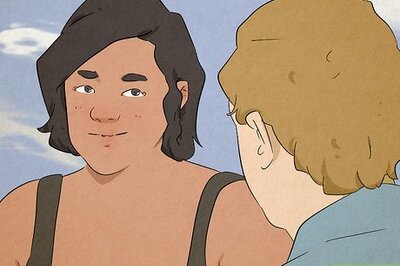
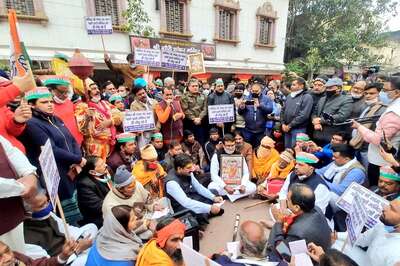
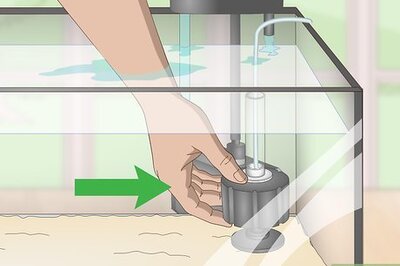
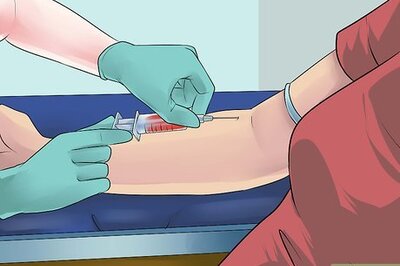

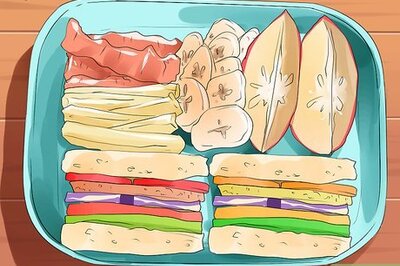
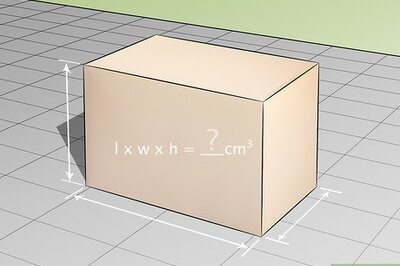
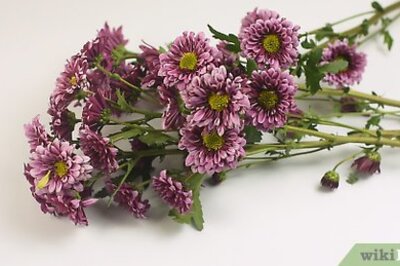
Comments
0 comment